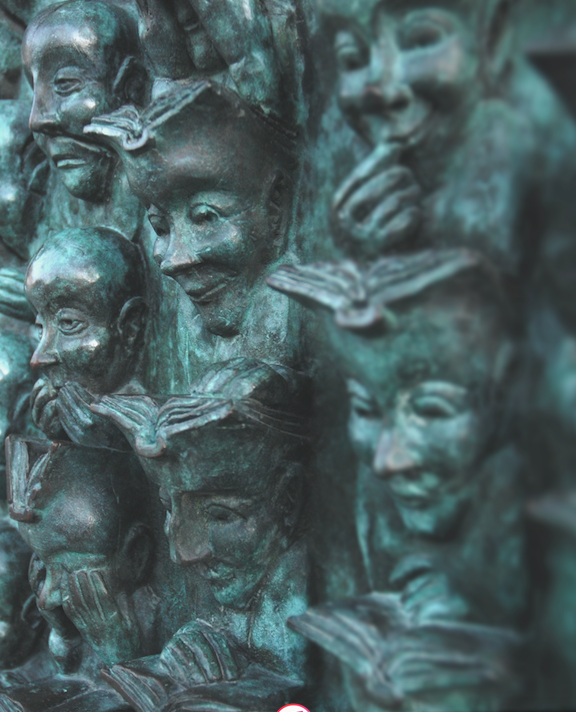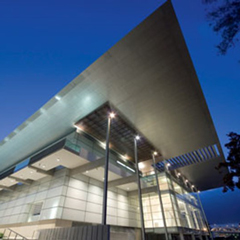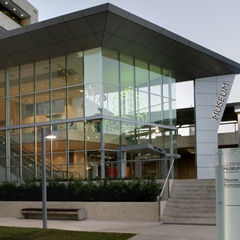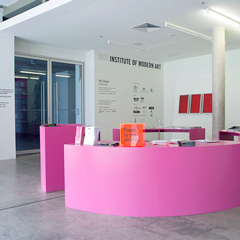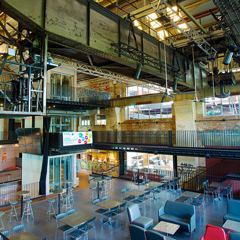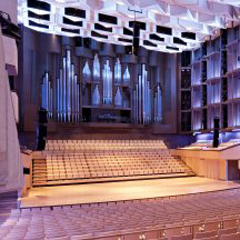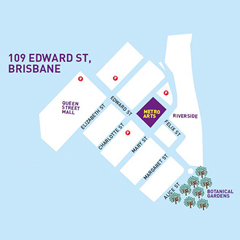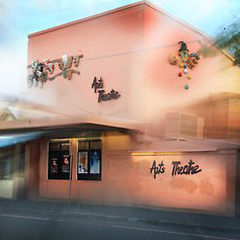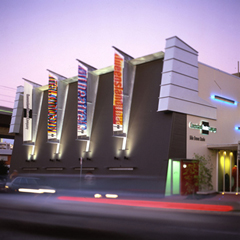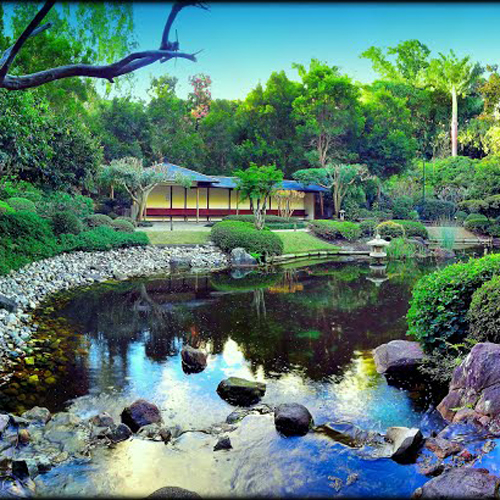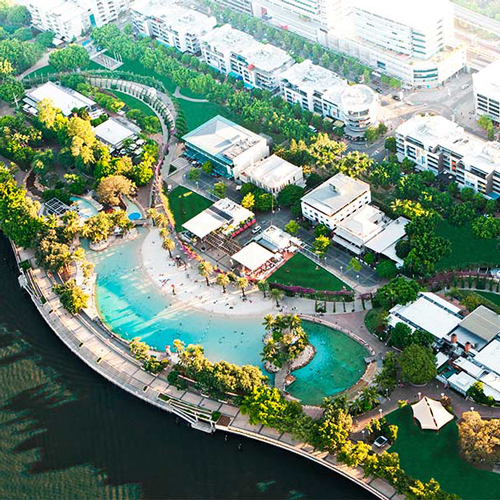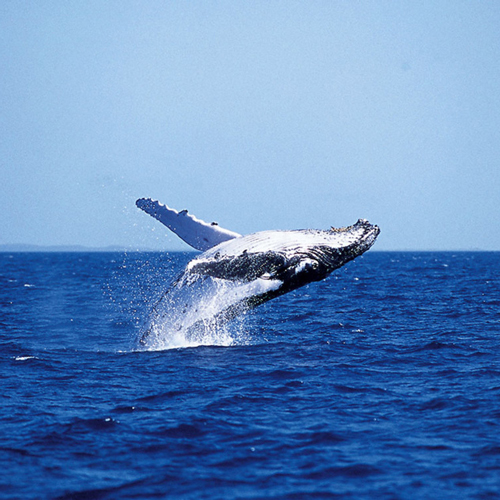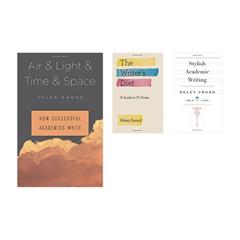2017 Conference
6-8 July 2017
The University of Queensland, Brisbane, Australia
Confirmed speakers:
Dr David Aldridge, Reader in the Philosophy of Education, Brunel University London
Dr Tully Barnett, Flinders University
Professor Karen Manarin, Mount Royal University
Professor Helen Sword, University of Auckland
REGISTRATION
Student/unwaged: $175.00
Registration/waged: $375.00
One-day registration Staff/Student: $150.00
Contact for general queries: Judith Seaboyer (j.seaboyer@uq.edu.au)
CONFERENCE PROGRAM
Click here to download PROGRAM
There will be two public lectures.
Professor Karen Manarin will speak on Thursday evening 4:45pm, 6 July, in the Terrace Room in the Sir Llew Edwards Building (bldg #14).
Professor Helen Sword will speak on Friday evening 5:15pm, 7 July, in room E302 in the Forgan Smith Building (bldg #1).
Refreshments and canapes will be served following both lectures.
The conference dinner
will be held on Thursday, 6 July, at St Lucy's Café e Cucina, a short walk from Professor Manarin's lecture.
Conference day trip to North Stradbroke Island--whale watching
This will be organised informally at the conference for Sunday 9 July. Locals will ferry guests to and from the North Stradbroke passenger ferry where you will buy your own tickets. Spectacular beach and cliff top walks, and one last opportunity for good food and conversation.

Reading and Writing in the Twenty-First-Century Literary Studies Classroom: Theory and Practice
This broad-ranging conference will assume good reading and its concomitant good writing to be essential both to the mastery of disciplinary content and to the transformative potential of an education in literary studies. To that end we have sought papers that consider reading and writing from a range of perspectives, practical and theoretical. What are the challenges, difficulties, and pleasures for students and teachers? What strategies and techniques encourage timely compliance with course reading requirements and foster critically engaged, well-argued responses? What critical theories model critique in the twenty-first-century classroom, and what might be, as Rita Felski has recently asked, the limits of that critique? Reading that is active and thus potentially critical, ethical, creative, hospitable, transformative—and pleasurable—may be intrinsic to disciplinary knowledge, but how do we help students acquire the skills needed to de-code complex texts and respond to them?
And what effects are twenty-first-century technologies/modes of knowledge production and dissemination having on how as well as what students do and don’t read? What are the intersections and tensions between digital and traditional ways of reading and writing? Does constant hyperlinking, as Naomi Baron, Nicholas Carr and others have suggested, undermine the brain’s capacity to focus in order to process long-form text? How might we foster what neuroscientist and literacy researcher Maryanne Wolf has termed bi-literacy, the capacity to shift between, and indeed to distinguish between, two kinds of activities: the efficient reading-for-information that involves scanning, clicking, linking and the “slow and meditative possession of a book” literary scholar and essayist Sven Birkerts has termed “deep reading”? What platforms do your students use for reading and writing? In what ways is technology changing student drafting, reviewing, and response to feedback?
Finally, what texts and what kinds of texts and what theories of reading and writing are core in an increasingly marketised university in which non-vocational degrees are increasingly marginalised? And how might an education that fosters an imaginative, thoughtful, hospitable, adaptable citizenry, give students an edge in a job market in crisis?
Some starting points:
- How do we empower our students to write “with passion, with skill, with courage, and with style”? (Helen Sword, Stylish Academic Writing)
- How do we test the invisible activity that is reading?
- What kinds of assessment best develop reading and/or writing skills? Tests or writing or a blend of both?
- What texts and what genres do we choose to teach, and why?
- Do we encourage our students to be surface or symptomatic readers? Is what Paul Ricoeur termed a “hermeneutics of suspicion” “a mandatory injunction [or] a possibility among other possibilities”? (Eve Kosofsky Sedgwick).
- How much are we influenced by outside forces? How are programs shaped by shrinking budgets combined with the massification of tertiary education? And what influence do debates such as the one over trigger warnings have on how and what we teach, and on student learning?
- Can literature, or literary criticism, effect change? What work can texts perform? For example, can literature, as Martha Nussbaum insists, “[cultivate] powers of imagination that are essential to citizenship”? Or is this a consolatory fiction, as Suzanne Keen suggests?
- How do we evaluate reading? What assumptions about taste cultures, cultural competences, and the ethics of engagement with texts are embedded in the ways we model, teach, and assess student reading?
- What are the affordances of technologies? How are they changing the way students read and write? How do we help students to makes sense of and benefit most from a range of platforms for both activities?
- As workloads and the ratio of students to instructors increase, can technology encourage better student reading and writing?
- How might we foster bi-literacy?
- What might be the repercussions, pedagogical and financial, of online education, including MOOCs, for reading and writing in literary studies?
- Do long-form reading and/or writing remain important skills?
- What are the effects of shifts from solitary to online social reading?
- What cognitive differences occur when reading and writing take place on digital rather than traditional platforms?
- Is there a link between complex critical reading skills and better writing?
- Full-time enrolment by part-time students: How might we inspire students to immerse themselves in reading and writing about their discipline in the face of day-to-day time constraints, genuine and perceived, and the awareness that it’s possible to scrape a passing grade while having read very little?
What's on in Brisbane in July 2017
Art Galleries in Brisbane
Special art exhibitions in Brisbane in July 2017
Creating the Cinematic Universe, QAG/GoMA
Kate Benyon: Friendly Beasts, QAG/GoMA
Celine Condorelli, Institute of Modern Art
Material Politics, Institute of Modern Art
Performing Arts and Theatre in Brisbane
|
|
|
|
|
|
Performances in Brisbane in July 2017
29 June to 2 July: The Royal Ballet's Woolf Works, (QPAC)
4 July: John Bell and Simon Tedeschi perform Tennyson's Enoch Arden, (QPAC)
8 July: The Pink Floyd Experience, (QPAC)
5-9 July: The Royal Ballet's The Winter's Tale, (QPAC)
10 June to 15 July: The Woman in Black, (Brisbane Arts Theatre)
24 June to 16 July: Rice, (Queensland Theatre Company)
Festivals
Brisbane French Festival (8-10 July, Southbank Parklands)
Scandinavian Film Festival (July, Palace Cinemas)
Outdoor Attractions - Outdoors in Brisbane
Outdoor Attractions - Day Trips from Brisbane
Accommodation options
On-campus accomodation (Women's College*)
Located on UQ's beautiful St. Lucia campus, Women's College is a ten-minute walk around the lake to the conference venue.
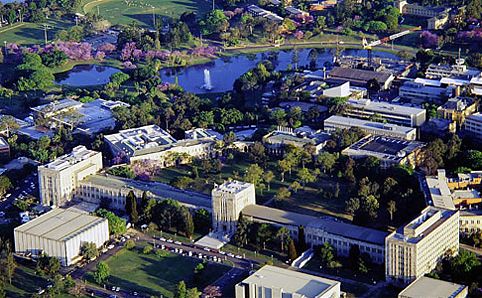
- $80 per night (single room, shared facilities, inlcudes breakfast)
*Women's College offers accommodation to both men and women during University vacation periods (includes conferences dates)
Download Booking Form (Women's College)
Meriton Apartments
Located on Herschel Street in the city centre. There is a direct bus to St Lucia campus close by (3-minute walk). The bus from the city to UQ St Lucia campus takes approx. 25 minutes.
Inn on the Park
Located by the Brisbane River, Inn on the Park apartments are a 5 minute walk to the bus to St Lucia. The bus trip takes approx. 10 minutes to the St Lucia campus.
Getting around and other practical information
Transport to UQ St Lucia campus
